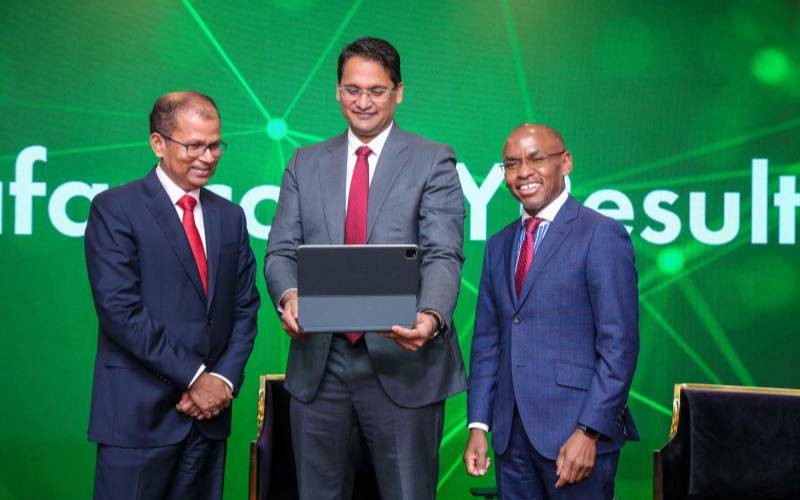×
The Standard e-Paper
Smart Minds Choose Us

Safaricom Chief Executive Peter Ndegwa and the giant telco's executive directors took home annual gross compensation of more than Sh500 million for the year ended March this year as the company pulled all stops to retain top talent.
The compensation package of Sh534 million was Sh62 million more than the Sh471 million Mr Ndegwa and the board took home a year earlier, Safaricom has said.